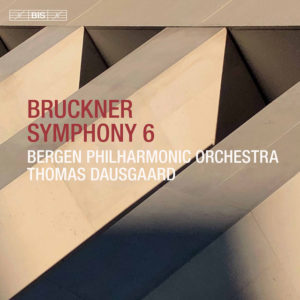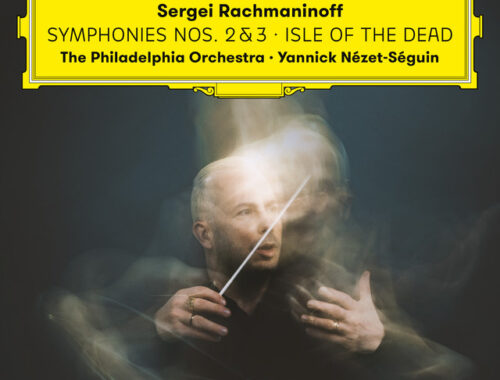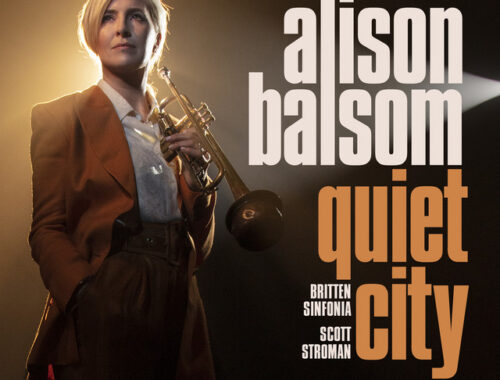GRAMOPHONE Review: Bruckner Symphony No. 6 – Bergen Philharmonic Orchestra/Dausgaard
 The word ‘chivalrous’ invariably comes to mind with the opening measures of Bruckner Sixth. Knights errant galloping towards new adventures, colourful pennants flying with that first brassy tutti. There’s also more than a hint of Wagner’s Die Meistersinger in its inherent good nature. It feels like a more personable Bruckner than the symphony immediately preceding it and those following – and that’s a quality that Thomas Dausgaard and the wonderful Bergen Philharmonic Orchestra really illuminate in this lively and heartfelt performance.
The word ‘chivalrous’ invariably comes to mind with the opening measures of Bruckner Sixth. Knights errant galloping towards new adventures, colourful pennants flying with that first brassy tutti. There’s also more than a hint of Wagner’s Die Meistersinger in its inherent good nature. It feels like a more personable Bruckner than the symphony immediately preceding it and those following – and that’s a quality that Thomas Dausgaard and the wonderful Bergen Philharmonic Orchestra really illuminate in this lively and heartfelt performance.
Rhythm is not the element one most associates with Bruckner but it’s key to the impetus of this reading which reminds me of performances I’ve heard from another very accomplished young Brucknerian – Yannick Nézet-Séguin. Slow movement apart, Dausgaard’s Bruckner really gets a move on without ever feeling pressed. Transitions (even the weaker ones in the finale) are more spontaneous as a result and the way in which the first and second groups relate and develop in the first movement makes for an exhilarating whole. And that coda where the splendour is all in the harmonic enrichment (Bruckner pulling out all the stops) is sumptuous.
I have always been especially fond of this slow movement whose themes are special and whose ‘religioso’ nature is less lofty than the great slow movements of the 7th and 8th but somehow of a more human scale, intimate even. There’s real ‘contact’ here in the generous and poetic playing of the Bergen Philharmonic whose qualities become more and more apparent with every hearing – and whose sound resonates splendidly here in Grieg Hall, Bergen.
We’re back to the age of chivalry with the super-concise (by Bruckner standards) and bracing scherzo (a wild boar hunt, perhaps?) and the burnished horns of the trio sound good here as they take in the surroundings and coax the woodwinds into a casual quote from the 5th Symphony. Both here and in the finale (the weakest movement, I fear) Dausgaard and his orchestra sound freshly invigorated by the material and make capital of that which can in lesser hands can sound portentous and merely academic.
One wonders what Mahler made of the piece (he conducted the first complete performance – with his own amendments – in 1899)? The Wagner parallels won’t have been lost on him but I can’t imagine it being as well played as it is here.
You May Also Like

The Scottsboro Boys, Young Vic
30/10/2013
GRAMOPHONE Review: Rachmaninov Symphonies 2 & 3 / Isle of the Dead – Philadelphia Orchestra/Nézet-Séguin
02/10/2023

